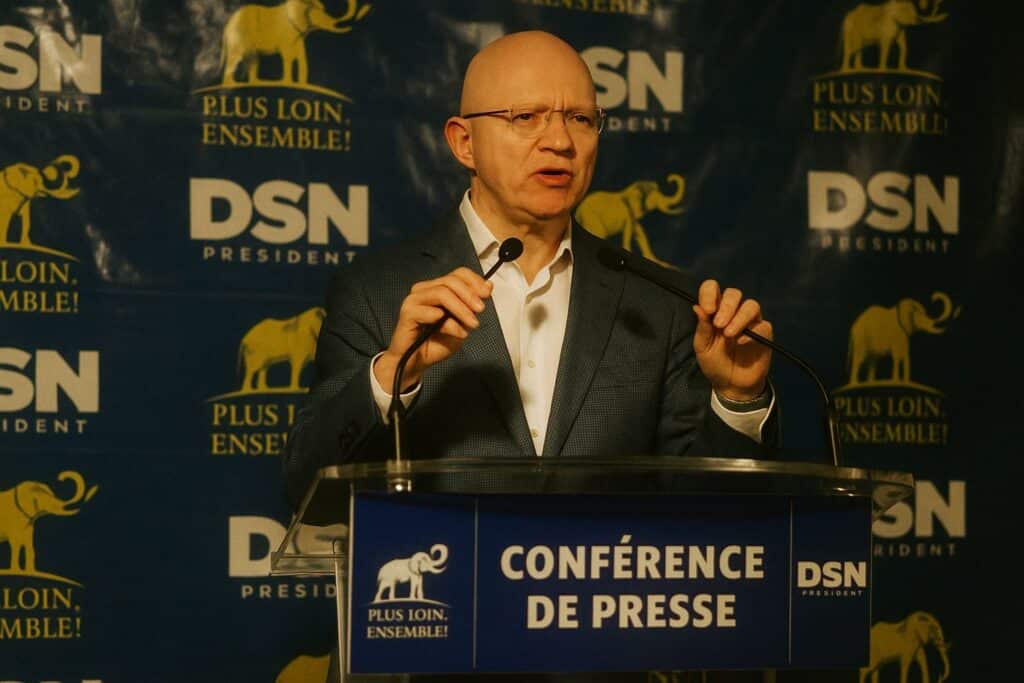Introduction to the Peace Initiative
The prospect of a peace accord between the Democratic Republic of Congo (DRC) and Rwanda, slated for June 27, has generated cautious optimism among diplomatic circles. Central to this development is the involvement of the United States, which has undertaken a mediating role aimed at bridging deep-seated tensions between the two nations. The intrigue around this tentative accord hinges on whether this intervention can achieve what previous efforts could not: a lasting peace.
Historical Context of Tensions
The relationship between the DRC and Rwanda has been tumultuous, marred by mutual distrust and accusations, including DRC’s allegations of Rwandan support for rebel groups within its borders. This discord is rooted in historical complexities that date back to the Rwandan Genocide of 1994 and subsequent regional conflicts that have engulfed the Great Lakes Region. These enduring hostilities have thwarted numerous peace efforts, resulting in prolonged instability that affects millions.
Role of the United States
The United States’ role as a mediator marks a significant diplomatic push towards resolution. Leveraging its political influence, the U.S. aims to broker an accord that will ensure sustained collaboration and peace, with strategic interests in the stability of the region. This involvement underscores a shift in the diplomatic landscape, as the U.S. seeks to address not only bilateral tensions but also broader security implications affecting adjacent territories.
Challenges and Prospects of the Accord
Despite the optimism, challenges abound. The success of the peace accord hinges on the commitment of both parties to transparent dialogue and compliance with mutually agreed terms. Skepticism persists due to historical failures and the complexity of on-ground realities, including the presence of armed factions. There is also the looming pressure of international expectations and the necessity of implementing practical measures for peace, security, and economic cooperation.
Implications for Regional Stability
The potential accord could herald a new era of regional stability, fostering economic growth and improving humanitarian conditions. It is anticipated that a successful agreement could serve as a precedent for resolving other African conflicts, positioning the DRC and Rwanda as models of reconciliation. However, the international community remains vigilant, aware that the path to peace is fraught with potential setbacks that require robust engagement and negotiation.

